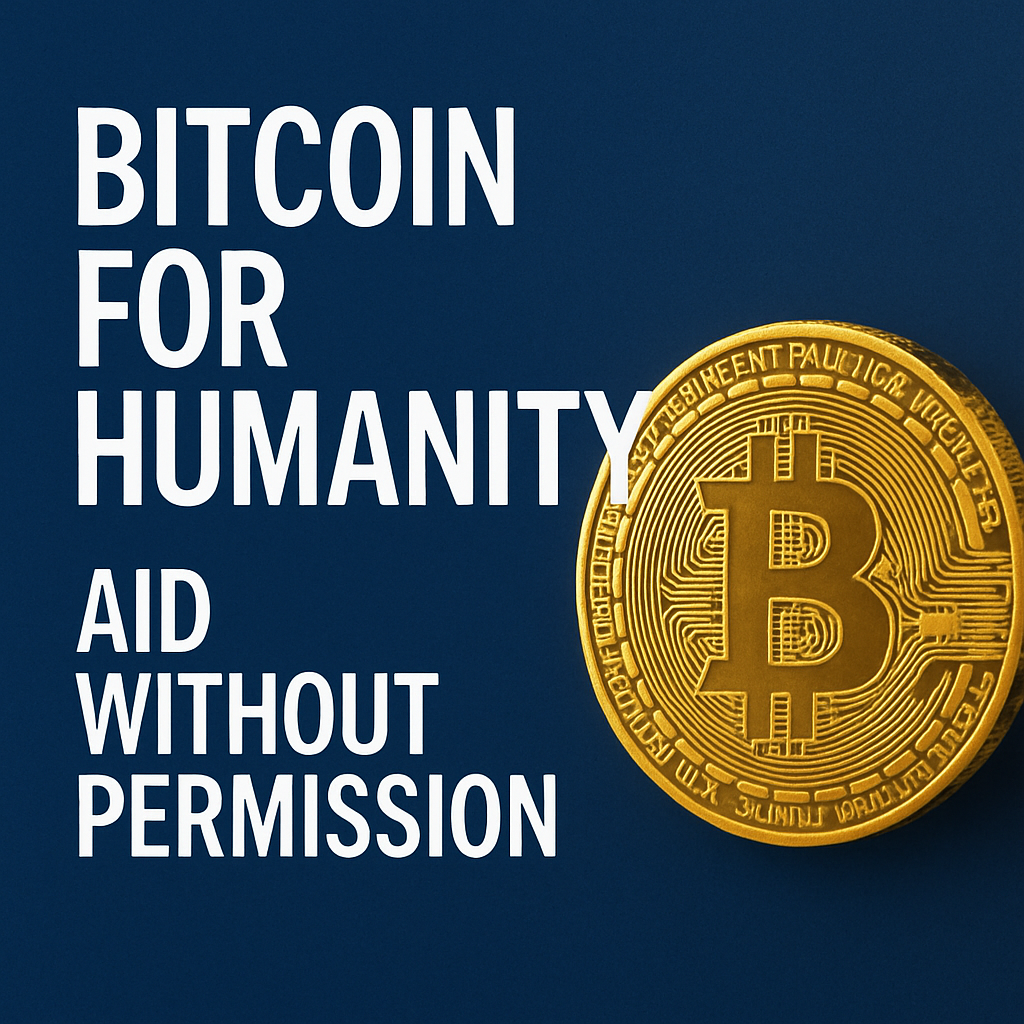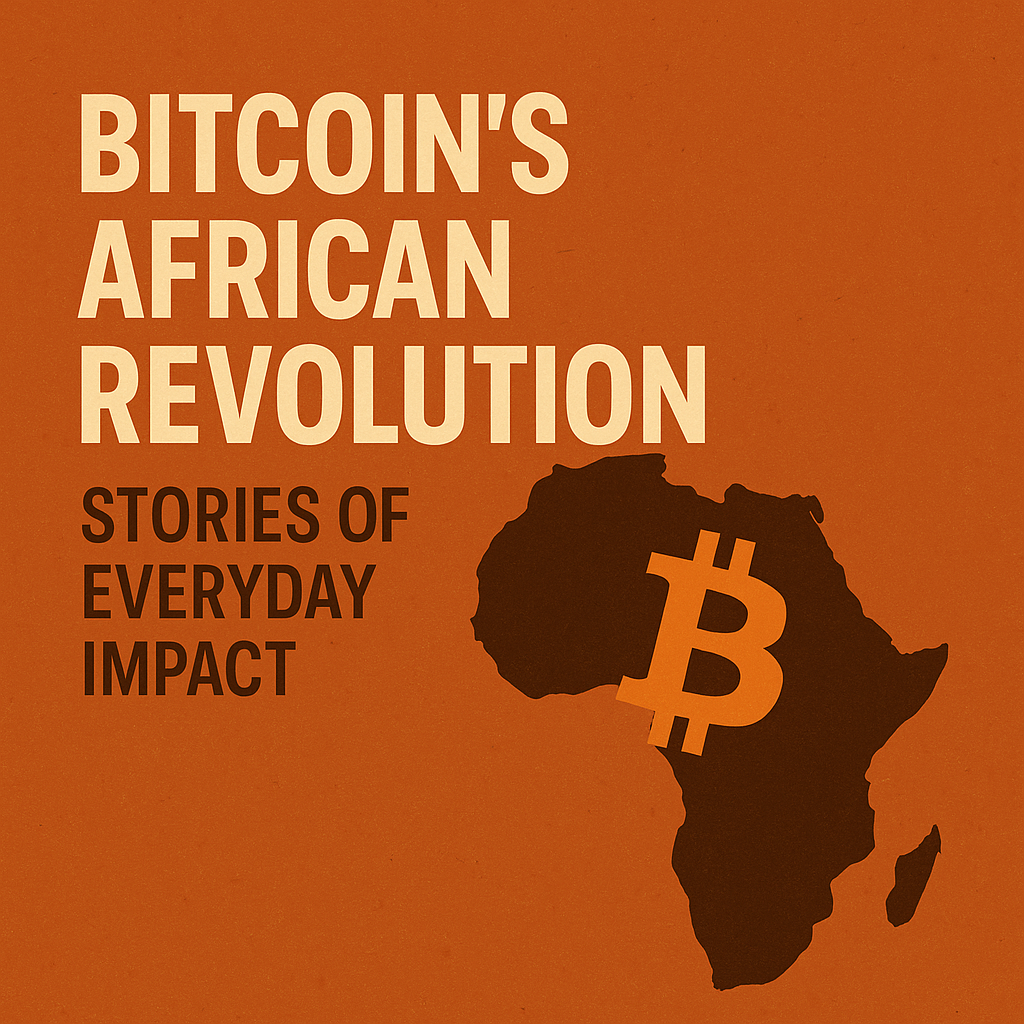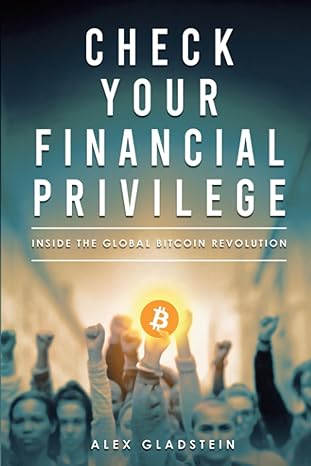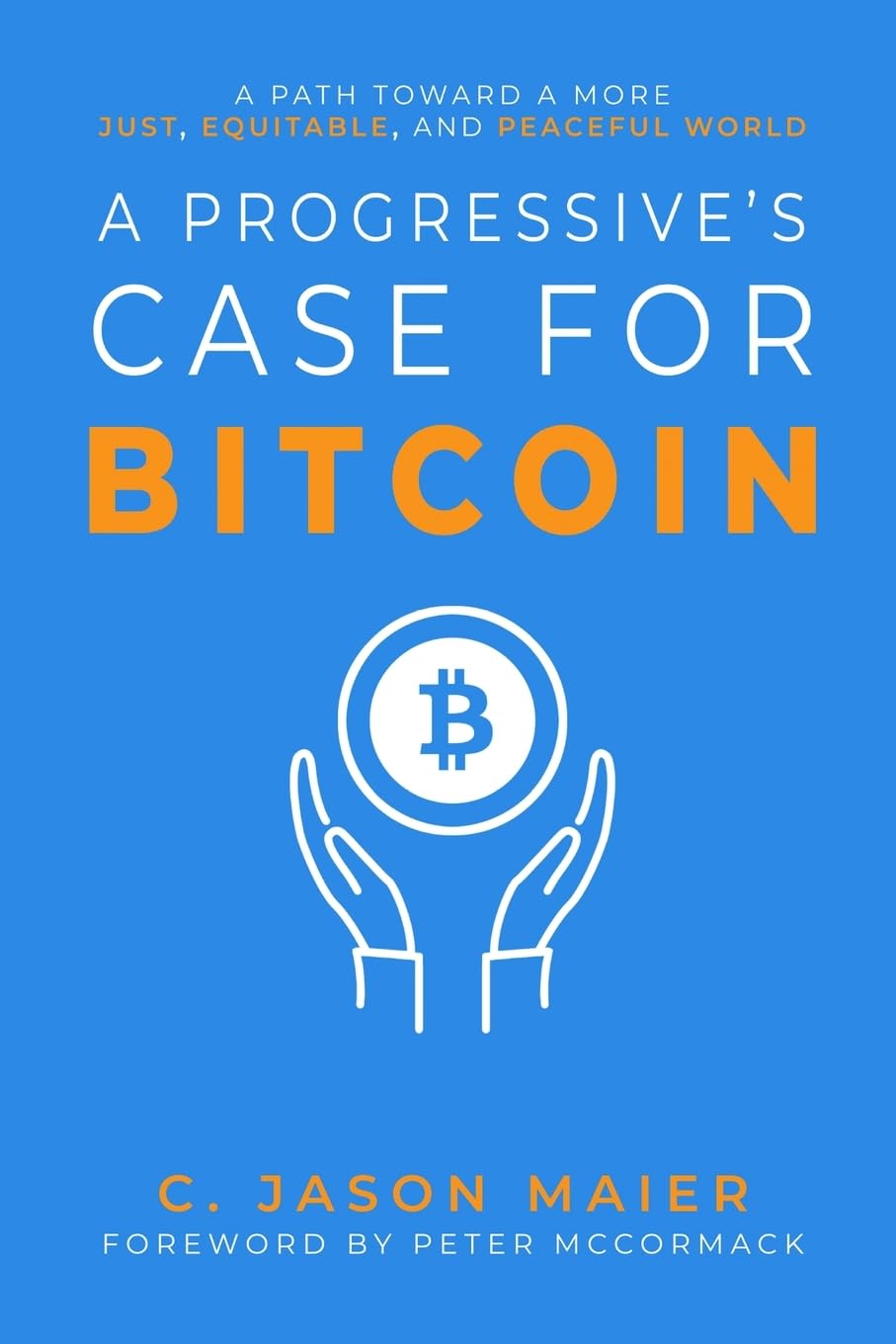HUMAN RIGHTS CASE
BITCOIN
BITCOIN IN
HUMAN RIGHTS
This page offers a collection of resources exploring how Bitcoin empowers individuals in oppressive regimes, protects against financial censorship, and supports the fight for human rights globally.

“Bitcoin gives people a way to opt out of financial oppression and censorship.”
- Alex Gladstein

“Bitcoin gives people a way to opt out of financial oppression and censorship.”
- Alex Gladstein
Featured

The End of Trust: Why Proof Replaces Promises in the 21st Century
The Age of Broken Trust
For centuries, human civilization has been built on trust.
We trusted our governments to act responsibly.
We trusted banks to guard our savings.
We trusted the media to tell us the truth.
We trusted experts, leaders, and institutions to act as guardians of the public good.
That world is collapsing.
The 21st century has exposed how fragile those social compacts truly are. Governments debase currencies to fund deficits. Banks privatize gains and socialize losses. Media companies manipulate truth to chase attention. Social platforms promise connection but deliver division. Each failure chips away at an invisible foundation that once held the world together: belief that the system, however flawed, was still honest.
The problem is not one of ideology but of structure. Systems based on trust are built on promises that cannot be easily verified. And as power centralizes, those promises become easier to break and harder to detect.
Every crisis of our modern age shares this same root. The financial collapse of 2008, the censorship scandals of social media, the erosion of journalistic credibility, and even the manipulation of scientific narratives during global emergencies — all of it points to a single truth. Trust, when concentrated and unchecked, becomes corruption waiting for a catalyst.
Human beings need trust to cooperate. But history shows that any system demanding trust without transparency will eventually abuse it. The age of broken trust is not a moral failure. It is the predictable result of designing our institutions around belief rather than verification.
The question for this century is not who we should trust next. It is how we can build a civilization that no longer needs blind trust to function.
Bitcoin’s Innovation: Verifiability as Social Glue
Bitcoin was born in 2009, during one of the greatest breakdowns of institutional trust in modern history. The global financial crisis had shattered faith in banks, regulators, and governments alike. Into that vacuum stepped a white paper titled Bitcoin: A Peer-to-Peer Electronic Cash System.
At first glance, Bitcoin appeared to be a niche technological experiment. In reality, it was a profound moral response to centuries of broken promises.
Bitcoin replaced trust with verification. It transformed financial coordination from a social contract into a cryptographic one. Instead of relying on a central authority to manage ledgers or settle disputes, Bitcoin made the ledger public, auditable, and immutable. Every participant can independently verify the entire history of transactions. Every rule that governs the network is enforced by open-source code and consensus, not by decree.
This shift sounds like a technical detail, but it is philosophical at its core. For the first time in history, strangers across the world can agree on what is true about money without trusting one another, without trusting banks, and without trusting governments.
That is a revolution in human coordination.
Before Bitcoin, trust was the social glue that bound economies and societies together. After Bitcoin, the glue is verification. What once required intermediaries can now be settled by math.
Satoshi Nakamoto’s innovation was not the creation of digital money. It was the redefinition of credibility itself. In a world that had grown numb to broken promises, Bitcoin offered something radical: a system that cannot lie.
Proof replaced persuasion. Code replaced decree. Verification replaced faith.
The Future of Proof in AI, Identity, and Contracts
The implications of this shift extend far beyond money. We are entering a new era where proof becomes the organizing principle of every digital system that matters.
Artificial intelligence is a perfect example. Within a few short years, AI has blurred the boundaries between truth and fabrication. Anyone can generate realistic videos, fake voices, or synthetic identities at scale. The internet, once a network of information, is rapidly becoming a network of simulation.
The question now is not whether something can be created, but whether it can be trusted.
This is where proof-based systems will become essential. Cryptographic verification can authenticate the origin of content, timestamp when it was created, and record who produced it — all without relying on centralized authorities. In a world filled with digital deepfakes, the only defense is verifiable authenticity.
The same transformation is coming to identity and governance. Self-sovereign digital identity will allow individuals to prove who they are without surrendering control of their data. Smart contracts will turn legal promises into code that executes automatically. Supply chains will run on transparent ledgers instead of opaque paperwork.
The underlying principle is always the same: verification replaces assumption.
In governance, proof can make institutions accountable again. In education, it can certify achievement without bureaucratic intermediaries. In media, it can expose bias by tracing information to its source. In finance, it can finally separate solvency from political favoritism.
Proof is not a feature of technology. It is becoming the foundation of truth itself in a digital world that no longer rewards honesty by default.
Why “Trustless” Does Not Mean Faithless
The word “trustless” often confuses people. It sounds dystopian, as if a world without trust must also be a world without faith, cooperation, or community. But the opposite is true.
Trustless systems don’t eliminate trust. They redefine it.
In a trustless system, faith in human honesty is replaced with confidence in mathematics, cryptography, and transparent process. You no longer have to believe the bank holds your money. You can see it, verify it, and move it yourself. You no longer have to trust a government statistic. You can examine the data directly. You no longer have to depend on a company’s reputation. You can audit its code.
“Trustless” does not mean cynical. It means freedom from vulnerability. It means your ability to participate in the economy or in society no longer depends on someone else’s integrity.
This shift does not make humans obsolete. It simply makes systems honest by design.
When trust is removed from the equation, faith can reappear in its proper form. Not faith in institutions or leaders, but faith in truth itself — faith that what you see is real, that the rules apply equally, that you are not being lied to by design.
Bitcoin embodies this ethos. It doesn’t demand that anyone trust it. It invites them to verify it. Every node, every user, every miner participates in enforcing the rules. It is not ruled by a boardroom or a ballot box, but by mathematics and mutual agreement.
Trustless systems make cooperation more powerful because they remove the weakest link: human corruption. They replace uncertainty with certainty and turn belief into knowledge.
Proof as the Foundation of the Next Civilization
The future will belong to societies that understand this shift. The industrial age rewarded centralization because information was scarce. The digital age rewards decentralization because verification is abundant.
Every time an institution asks for trust without transparency, it will lose relevance. Every time a system offers proof without permission, it will gain adoption.
We are watching the early architecture of a new civilization being built — one that does not run on belief, but on mathematics, open data, and voluntary participation. Bitcoin is the first brick in that foundation, but it will not be the last. The same principles will define the future of governance, education, energy, healthcare, and even art.
The collapse of trust is not the end of order. It is the beginning of a more honest one.
The 20th century was ruled by those who controlled narratives. The 21st century will be led by those who can prove truth.
Fix the money, fix the world. Verify everything else.
Shout out to BullishBTC.com — your home for Bitcoin-only education, mentorship, and sovereignty.
Introducing Soluna’s Project Dorothy: A Wind-Powered Data Center in Texas
Bitcoin's Energy Consumption and its Environmental Impact
Bitcoin Mining: Separating Fact from Fiction
How Bitcoin Can Expand the Grid in Africa with Erik Hersman
Turning Garbage into Bitcoin with Adam Wright
Builders + Innovators Summit 2021: Crusoe Energy
How Bitcoin Can Expand the Grid in Africa with Erik Hersman
Turning Garbage into Bitcoin with Adam Wright
OUR GOAL
Our goal is to educate others on the value of owning Bitcoin from both a financial and humanitarian perspective.
QUICK LINKS
© 2025, BullishBTC. All rights reserved.







